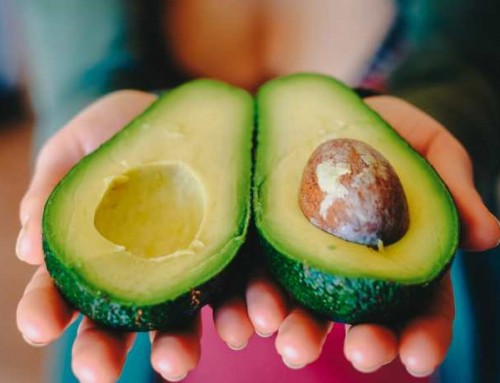ACTN3 gene and sport predispositions
Do you love sports?
Find it hard to imagine a day that doesn’t involve even a small jog? I bet that you’re trying to keep control of your progress to achieve better results. Perhaps your child will soon want to follow your steps. Ever wonder how to help them to choose the right discipline, according to the predispositions your child has? Now you can get help – with a simple Talent test offered by New Life Genetics!
The “speed” gene
Contrary to popular opinion, the sporting successes of the greatest masters do not stand only for “blood, sweat and tears.” Hard work, proper diet and determination play a significant role, but there is another crucial factor – genetic predisposition to practice a particular sport; the “speed gene.” Let’s see how it looks, for example in athletics. According to Bengt Saltin, former director of the Copenhagen Muscle Research Centre on the performance of an athlete, only 20-25 percent is environmental factors; the rest correspond to genes! The fastest man in the world, Usain Bolt, owes his abilities mainly to an appropriate set of genes. Of particular importance in this set is the ACTN3 gene, which is sometimes called the “speed gene.” ACTN3 decides on the composition of skeletal muscle. It’s right variant determinates a high content of fast-twitch fibre in the muscle, and therefore a significant shrinkage rate of the whole muscle. It is therefore thanks to a large number of these fibres that Usain Bolt is able to run so fast. Scientists speculate that the lack of protein ACTN3 in the muscle makes it impossible to succeed in sprinting.
Having the right variant of the ACTN3 gene increases the likelihood of success in the sprint and strength sports. In contrast, another variant of that gene may be more useful in endurance sports. In team sports, it is not only strength and endurance, but most of all skills practised for years. As an example, Michael Jordan was neither the fastest nor the strongest player in the NBA, yet no one questions his position as the No. 1 basketball player in the history of the sport. It works the same way in football. I will immediately dispel your hopes here – any such thing as a “football gene” has not been identified. Yet genetic testing may be useful for amateur players and those who are thinking about a professional career.
Do you love sports?
Find it hard to imagine a day that doesn’t involve even a small jog? I bet that you’re trying to keep control of your progress to achieve better results. Perhaps your child will soon want to follow your steps. Ever wonder how to help them to choose the right discipline, according to the predispositions your child has? Now you can get help – with a simple Talent test offered by New Life Genetics!
The “speed” gene
Contrary to popular opinion, the sporting successes of the greatest masters do not stand only for “blood, sweat and tears.” Hard work, proper diet and determination play a significant role, but there is another crucial factor – genetic predisposition to practice a particular sport; the “speed gene.” Let’s see how it looks, for example in athletics. According to Bengt Saltin, former director of the Copenhagen Muscle Research Centre on the performance of an athlete, only 20-25 percent is environmental factors; the rest correspond to genes! The fastest man in the world, Usain Bolt, owes his abilities mainly to an appropriate set of genes. Of particular importance in this set is the ACTN3 gene, which is sometimes called the “speed gene.” ACTN3 decides on the composition of skeletal muscle. It’s right variant determinates a high content of fast-twitch fibre in the muscle, and therefore a significant shrinkage rate of the whole muscle. It is therefore thanks to a large number of these fibres that Usain Bolt is able to run so fast. Scientists speculate that the lack of protein ACTN3 in the muscle makes it impossible to succeed in sprinting.
Having the right variant of the ACTN3 gene increases the likelihood of success in the sprint and strength sports. In contrast, another variant of that gene may be more useful in endurance sports. In team sports, it is not only strength and endurance, but most of all skills practised for years. As an example, Michael Jordan was neither the fastest nor the strongest player in the NBA, yet no one questions his position as the No. 1 basketball player in the history of the sport. It works the same way in football. I will immediately dispel your hopes here – any such thing as a “football gene” has not been identified. Yet genetic testing may be useful for amateur players and those who are thinking about a professional career.


















